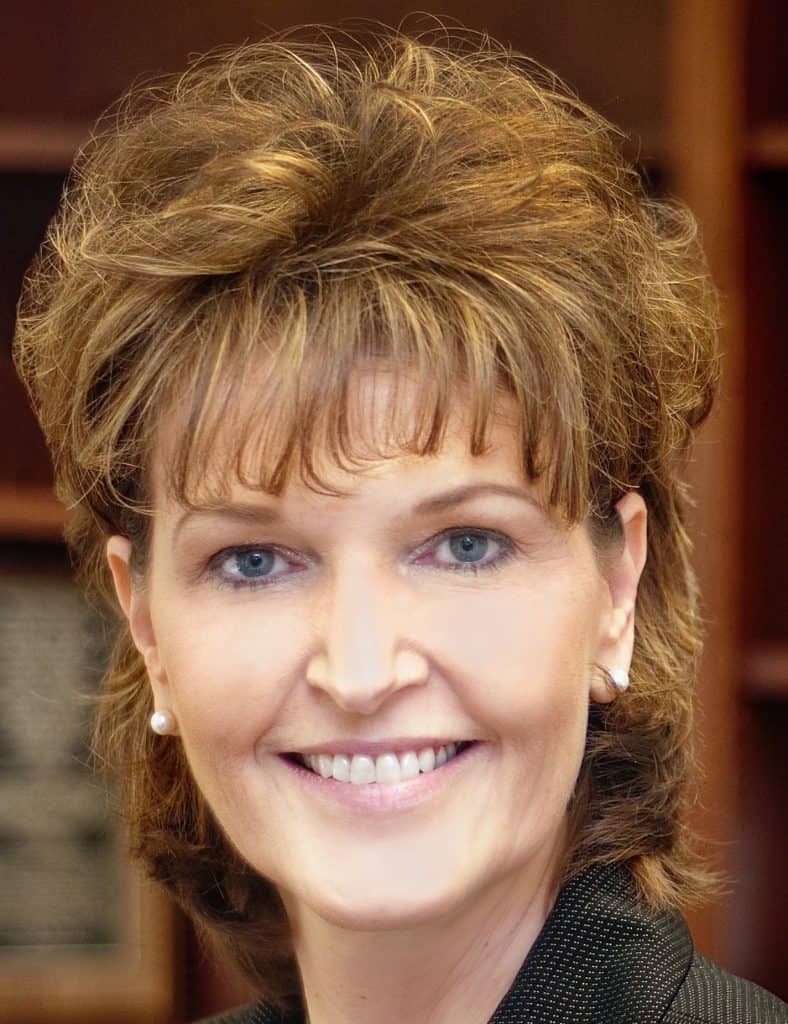
By Melissa Mangold
Cincinnati OEM identifies barriers to competing with global markets
When the COVID-19 pandemic took the world by storm in March, there was unprecedented demand for personal protection equipment (PPE) globally for medical providers and other essential workers.
In the U.S., state governors competed against each other for N95 masks, ventilators, gowns and gloves. The U.S. government stockpile was quickly emptied, and large corporations like Ford and GM were diverted from manufacturing cars to making ventilators and masks for the federal government.
Small soft goods manufacturers like Casco Manufacturing Solutions of Cincinnati wanted to help out. We began brainstorming products in mid-March, and in April expanded our hospital line of mattresses and covers to include field hospital and cotton mattresses and a PPE line–masks, gowns and shoe covers made of polypropylene– that are not only made in the U.S.A., they are affordable, washable and reusable.
Business has been brisk, and we are adding a second production shift, but it’s been an uphill climb.
The shortage of PPE the U.S. has endured points out the inherent risk we take by not manufacturing more products in America. China manufactures about 50 percent of the world’s PPE, according to ABC News. Its population naturally has first choice on products it manufactures. The problem was compounded in February when the U.S. sent China nearly 18 tons of American PPE—before outbreaks here were widely known and publicized.
I’ve been saying this for years, but it bears repeating. We can’t be just a services country. We need to make products in the U.S. again to create jobs. Many years ago, working in manufacturing was seen as an honorable job. People with manufacturing jobs could have a nice, middle class lifestyle and provide for their families.
The latest PPE industry research seems to bear out my opinion. IBISWorld, which provides industry research on thousands of industries worldwide, reports that in the next few years, the PPE manufacturing industry will emphasize “domestic production capacity in the interest of national security.” IBISWorld said it expects the industry’s trade balance to shift from a deficit to a surplus over the five years to 2025.
But while the coronavirus has increased Casco’s business, the pandemic also illustrates barriers America’s small businesses in general face when competing in global markets.
American manufacturers have to compete with cheap labor and product in the PPE industry, which can be extremely hard.
If you’re paying employees a decent hourly rate with benefits, it’s difficult to compete with a country like China, that doesn’t.
Where U.S. businesses can compete are in the areas of creativity, innovation and quality. Casco’s C-Matt brand of PPE line, for example, consists of a polypropylene fabric that is washable and can be worn multiple times. Much of the PPE on the market today is single use. That’s a lot of medical waste for our landfills.
In the U.S., American hospitals normally produce more than five million tons of medical waste each year, according to Practice Greenhealth of Reston, Va., a nonprofit dedicated to best practices by health care communities. The Asian Development Bank reported recently that infectious medical waste increased from 40 tons to 240 tons per day during the coronavirus outbreak in Hubei province in the People’s Republic of China.
Can you image the impact on our landfills and air quality from incineration if U.S. medical waste increases six times, as China’s has? In addition to our healthcare crisis, we may face a landfill crisis for products that don’t biodegrade for many years. By washing and reusing protective gear, we can reduce some of that landfill waste.
Another barrier to market during the pandemic is price-gouging. According to the Wall Street Journal, one businessman charged with price-gouging during the pandemic marked up single-use protective equipment prices more than 1,000 percent.
It’s never nice to price-gouge, but especially not when our nation and the world are in the middle of a pandemic crisis.
Issues in sourcing materials is a hindrance, too. The government has been buying up material, so organizations who actually make stuff can’t make it. Casco makes quality products in the USA, and keeps people employed, but we can’t get where we need to get while other companies are price-gouging and offering oftentimes inferior products.
Manufacturers of the materials-in-need must recognize small businesses as capable, qualified players in the PPE market. Companies with capability and capacity need a place to turn to, such as our state and federal governments, which can help us get our names out there. We also recognize that we need to do everything we can to promote our brands, whether it’s through marketing, media and other connections.
If the U.S. as a nation wants to localize the global supply chain and make sure Americans can buy the products they need in a crisis, it needs to re-shore manufacturing and encourage small business development.
There is plenty of room in the U.S. market for entrepreneurs to make products that are washable and reusable. You get more life out of your product for the money you spend, as well as reduce transportation costs and landfill waste.
The bottom line is American jobs are at stake. There is no reason to buy this kind of equipment from outside the U.S.
Melissa Mangold is president and CEO of Casco Manufacturing Solutions.
Casco Manufacturing Solutions of Cincinnati is a 60-year-old, woman-owned soft goods manufacturer specializing in products ranging from medical mattresses and specialty bedding to military gear and EMT supplies. For more information, visit http://www.cascomfg.com.
The Editorial Team at Healthcare Business Today is made up of skilled healthcare writers and experts, led by our managing editor, Daniel Casciato, who has over 25 years of experience in healthcare writing. Since 1998, we have produced compelling and informative content for numerous publications, establishing ourselves as a trusted resource for health and wellness information. We offer readers access to fresh health, medicine, science, and technology developments and the latest in patient news, emphasizing how these developments affect our lives.








